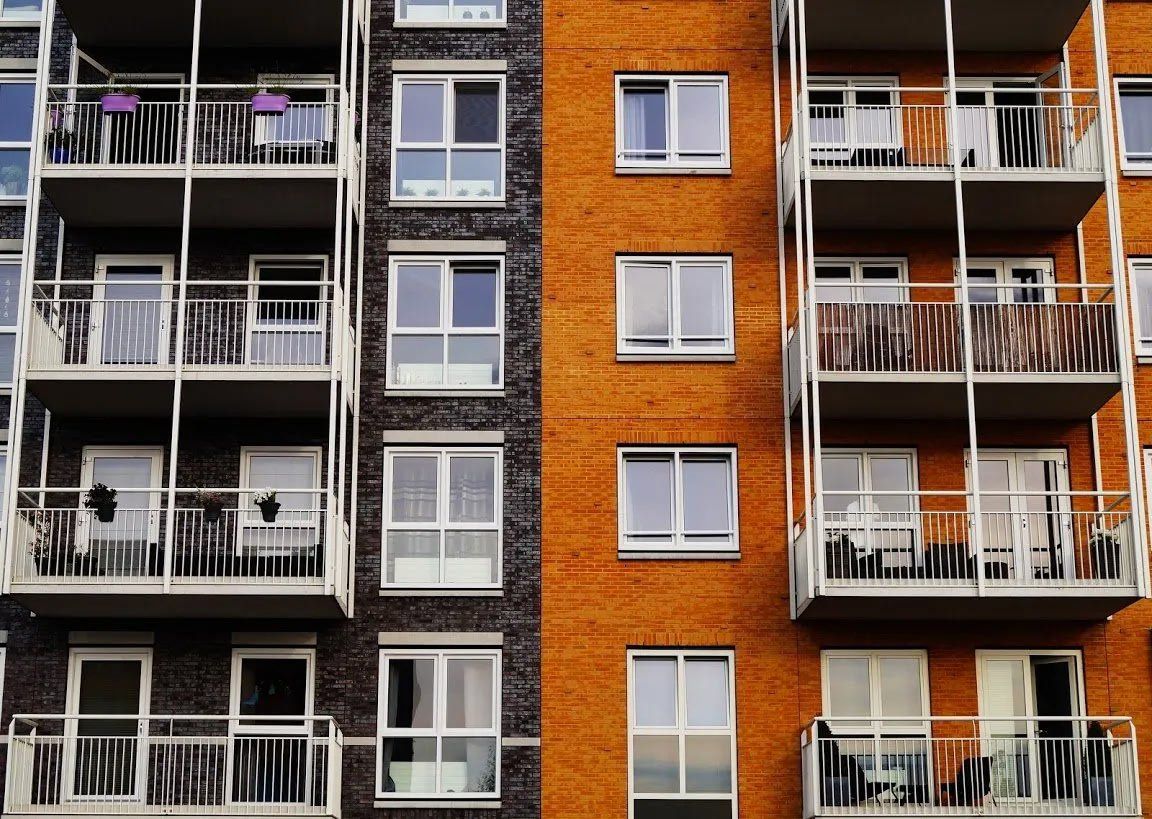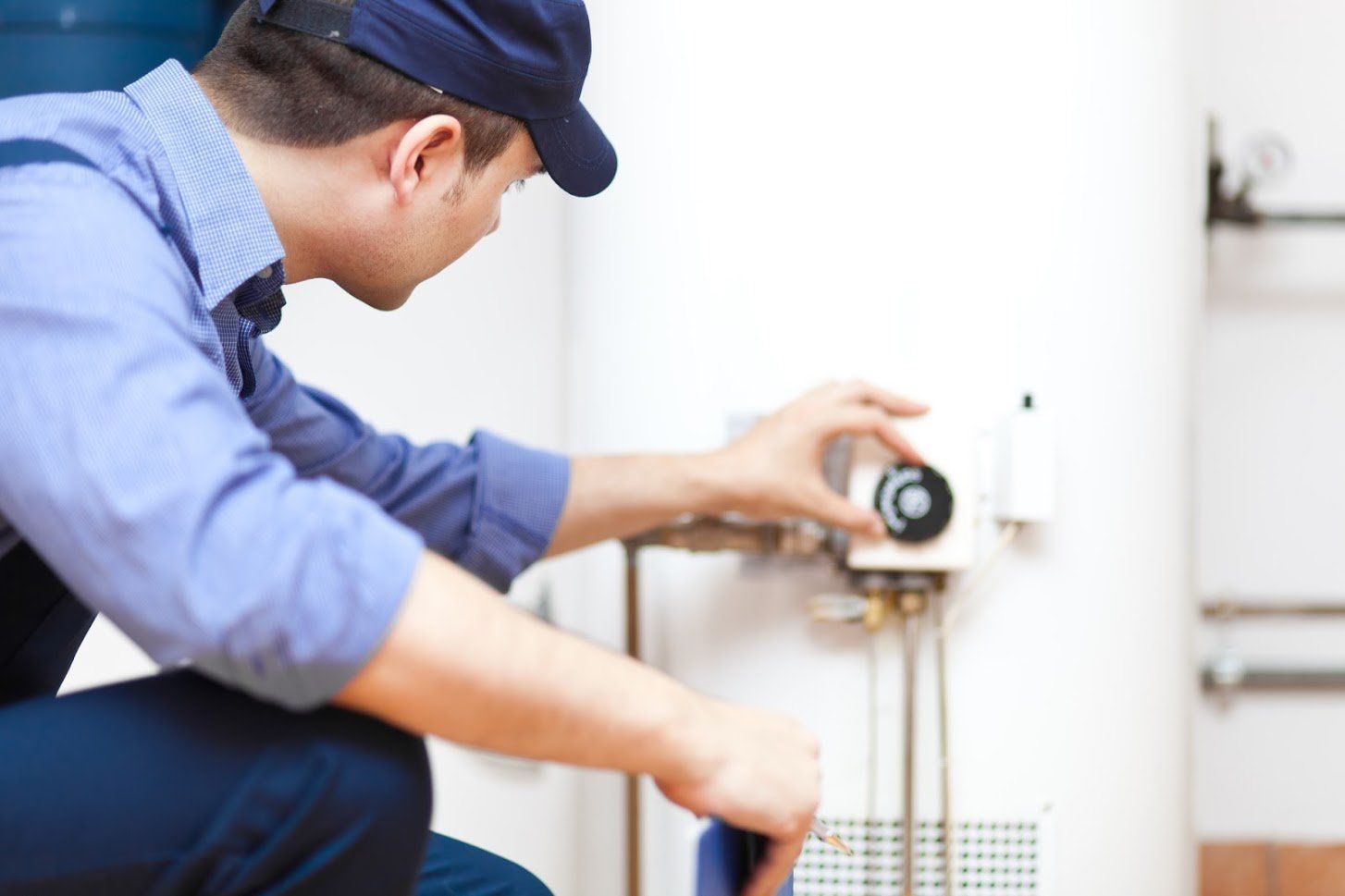Why Install Decentralised Hot Water Systems in Your New Apartment Block?

If you're building a new apartment block, then you have to find the best way to get utilities into each apartment. When it comes to hot water systems, you might have to choose between a centralised or decentralised system.
While many blocks use a central hot water system, a decentralised option has some advantages. How does this system work and what are its benefits?
What is a decentralised hot water system?
If you opt for a centralised hot water system, then you install one commercial unit in the building. This system then services all your apartments by piping hot water to them.
If you take a decentralised approach, then you simply put a hot water unit into each apartment. These units typically supply instantaneous hot water rather than relying on a storage tank. So, each owner or tenant has their own dedicated supply.
Why choose a decentralised solution?
While a centralised system has benefits, a decentralised solution might give you more advantages both during and after the build.
Simplify your build
If you install a central system that pipes hot water through the building, then you might have extra work to do. You'll have to design the system so that it supplies all apartments at the right service levels.
The installation process might take longer than you think, as you'll also have to factor the system's piping structure into your plans. You have to install the centralised unit and set up a network of pipes and connections throughout the building. You then have to connect up to each apartment; you won't always have a quick and direct path to every apartment from the main unit.
Plus, you'll need a metering system to monitor each apartment's usage.
If you have a complex build, then your materials and labour costs will increase. The longer the job takes, the more it will cost you.
If you go for a decentralised approach, then you simply put a domestic instantaneous hot water unit into every apartment. You don't need the same level of connections. You get a quicker build.
Reduce space constraints
Commercial water heating systems typically need a fair amount of space. You'll have to build a plant room or secure area for the main unit. This reduces the space you have to work with in the building.
So, you might have to shave space off some or all your apartments or communal areas. Your apartment designs might need to change to accommodate the location of the system's connections.
If you install a separate hot water unit in each apartment, then you maximise your available space. An instantaneous system doesn't take up much room, so your owners or tenants won't lose too much space either.
Make your apartments more appealing
Potential tenants or owners might not be happy to share a hot water supply with each other. While you can give them individual meters, they might have to pay additional costs because of the way a centralised system works.
These systems have to work harder to provide hot water throughout the building. You lose some energy if the water has to travel for a longer distance; people might have to run taps for a while before the water runs hot. The system uses more water, which increases running costs.
Some people prefer to have control over their own hot water. They just want to pay for the water they use. If you give them their own units, they have this control. A decentralised system also reduces water and energy waste, which appeals to people looking to move into a building with a greener footprint.
For more advice on the best hot water solution for your building, contact S. P. K Plumbing & Civil. As well as helping you choose and install the right water heating system for your project, we also offer a full range of plumbing services, from design to implementation.
You might also like




